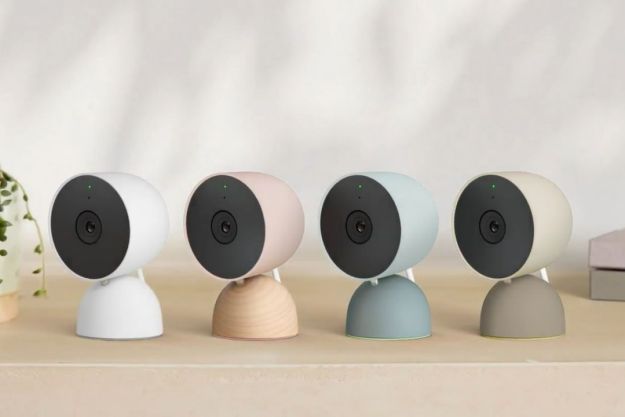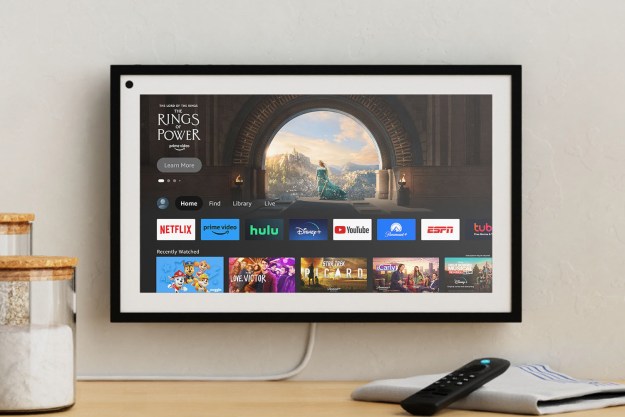
Already, there seem to be signs of increased acceptance of smart home devices. In 2016, nearly half of renovating homeowners decided to install smart systems or devices, the most popular of which were smart security systems. Twelve percent of homeowners have turned to smart home devices to control their lights, locks, and video cameras; also popular are smart entertainment systems like Roku and smart climate control systems like Nest.
Curiously enough, Insurance Quotes’ data suggests that Generation X folks are actually twice as likely as millennials to purchase smart home tech (specifically, smart security tech). So what’s holding folks back? Ironically, 17 percent of Americans seem to be most concerned about their smart home devices being unsecured. About seven percent cite lack of need as the reason to bet against smart home tech, while six percent say that these connected devices are just too complicated. But the single most prohibitive factor appears to be cost, with 42 percent of folks saying that having a smart home is just too expensive an endeavor. And with smart refrigerators costing somewhere in the $5,000 range, we can’t say we blame them.
That said, it would appear that Americans are eager for smarter homes in the future (provided their prices come down). Seventy-six percent say they would like a smart mattress with a sleep tracker (which does, by the way, already exist), whereas 64 percent would like smart toothbrushes and smart cooking pans. In any case, it certainly seems that connectivity is the way of the future, and our homes are going to have to keep up with the trends.
Editors' Recommendations
- SimpliSafe is now using AI to prevent burglars from entering your home
- How to save Ring Doorbell video without a subscription
- Yale’s newest smart lock is designed for renters
- How to convert your window blinds into smart blinds
- Home Depot’s Hubspace is a great way to start building your smart home


